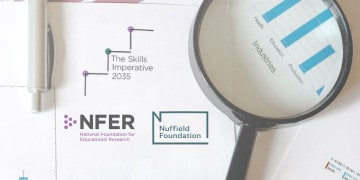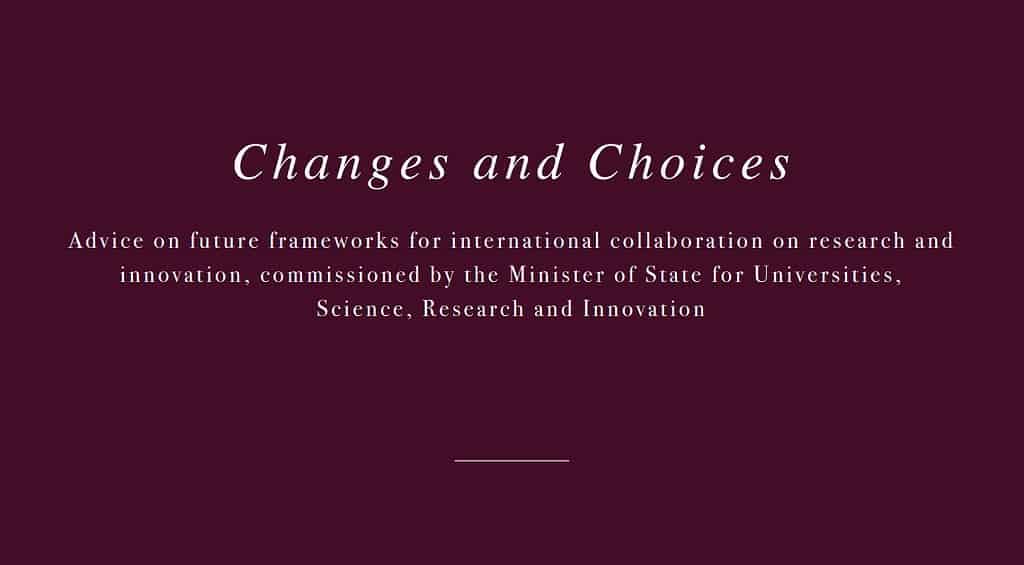Newly appointed House of Commons Science and Technology Committee Chair, Stephen Metcalfe MP, talks innovation and overcoming a lack of diversity and STEM skills
Approaches to improve UK science and engineering
15 Nov 2016
Crystal ball gazing is notoriously difficult. In 1986, the human genome had not been sequenced, Sir Tim Berners-Lee’s vision of the World Wide Web was still to be articulated and the prospect of an International Space Station, led by Russia, the United States and numerous other countries, was almost unimaginable. And yet today, thanks to these and countless other ground-breaking advances in science and engineering, the world in which we live has been transformed, and our quality of life enhanced.
At its very best, innovation driven by science and engineering enhances the wealth of our planet, builds bridges between nations and helps to provide creative solutions to complex social, economic and environmental problems. Many of these challenges are global and well-known, from tackling climate change and developing resilient energy systems, to addressing population growth and food security. Others will emerge over time. Advances in robotics and artificial intelligence, for example, have the potential to reshape, fundamentally, the way we live and work, though at this stage we cannot yet foresee exactly how this ‘fourth industrial revolution’ will play out.
As the new Chair of the House of Commons Science and Technology Committee, and a former Member of the 2010-15 Committee, I have had the privilege of regularly meeting with eminent scientists and with young, enthusiastic researchers with a keen sense of scientific curiosity. I have also seen how facilities like the Large Hadron Collider can inspire the public by enabling them to experience real-world applications of science and engineering. These meetings, and hearing from our expert witnesses during the Committee’s evidence sessions, make me optimistic about the future of science and engineering in Britain. We have an illustrious history of ground-breaking scientific discoveries and continue to attain a world-beating level of scientific and technical excellence.
Our potential to continue advancing the boundaries of knowledge over the next 30 years is vast, yet our scientific endeavours risk being held back by two, interrelated factors: a lack of diversity and a shortage of STEM skills. A lack of diversity across the science and engineering community represents a large loss of potential talent to the UK. Not only does this limit our competitiveness and prosperity, it also curbs the vitality and creativity of the wider scientific workforce. I have been encouraged by the number of initiatives now focused on addressing this challenge, but it does need sustained, coordinated efforts across primary, secondary and higher education if we are to make headway.
We also need people with STEM skills, yet we know that despite the growing demand, a STEM skills shortage persists in the UK and has done for some time. Indeed, thirty years ago, the Employment Committee examined ‘Skills Shortages’, focusing particularly on engineering. Such shortages continue to be acutely felt across engineering, with mechanical, software, civil and electrical engineering firms all reporting difficulties recruiting suitably qualified people.
Arguably, we cannot tackle the skills shortfall without also addressing the need to increase the diversity and inclusiveness of the science and engineering community. I know that CaSE and its members have worked hard to address both issues and that they will continue to do so in the years ahead. For our part, the Science and Technology Committee is keen to make sure that it is listening to the community, and hearing from people and organisations that perhaps have not engaged with a select committee before. In the forthcoming months, we will be experimenting with a new approach to achieve this goal, so please check our website for details about how you can get involved.
Related articles

The Physiological Society’s policy team on the health challenges facing older workers and the urgent need to develop a strategy to ensure older people are happy and healthy at work.

Jo Reynolds, Director of Science and Communities at the Royal Society of Chemistry, on the RSC’s new summary report looking to unlock the potential of deep tech SMEs.

Lisa Morrison Coulthard, Research Director at the National Foundation for Education Research, on the Nuffield Foundation funded five year research programme providing insights into the essential employment skills needed for the future workforce

Sir Adrian Smith, Institute Director and Chief Executive of The Alan Turing Institute, and Graeme Reid, Professor of Science and Research Policy at UCL, set out the findings from their new independent report on international partnership opportunities for UK research and innovation